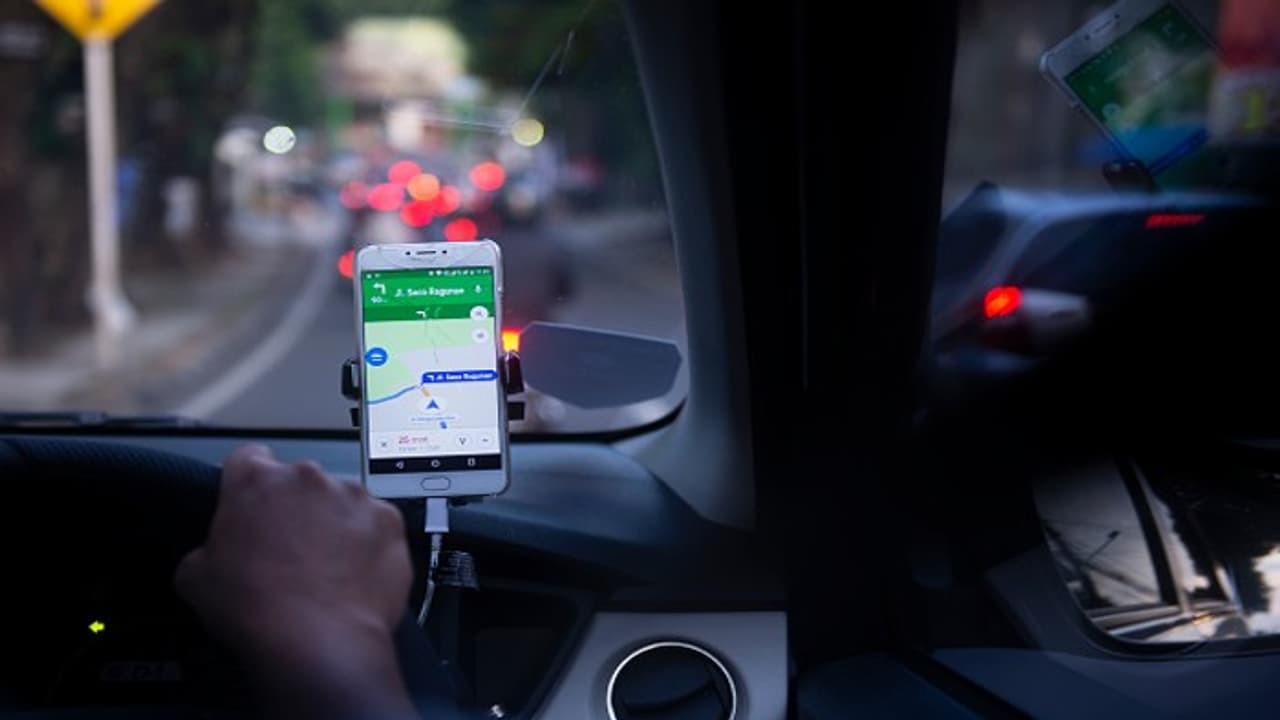The research, published in the Journal of Environmental Psychology, reveals that individuals who frequently depend on GPS tend to have slightly weaker environmental knowledge and a poorer sense of direction.
A recent meta-analysis has uncovered a subtle yet intriguing relationship between our reliance on GPS technology and the erosion of natural navigational skills. The research, published in the Journal of Environmental Psychology, reveals that individuals who frequently depend on GPS tend to have slightly weaker environmental knowledge and a poorer sense of direction. However, the study found no significant link between GPS usage and the ability to follow a route or complete navigation tasks.

GPS, short for Global Positioning System, is a satellite-driven navigation network that revolutionized how we move through the world. Operating via at least 24 satellites orbiting Earth, GPS provides precise location and time data by triangulating signals sent to ground-based receivers.
Initially developed for military purposes by the US government, GPS is now deeply embedded in everyday civilian life, assisting with everything from mapping and navigation to scientific research and emergency response.
As this technology has become indispensable in smartphones, vehicles, and wearable devices, concerns have emerged that our heavy reliance on GPS may gradually undermine traditional navigational abilities. For centuries, humans relied on landmarks, spatial memory, and natural cues to find their way. But with GPS continuously providing detailed directions, individuals might lose their inherent sense of orientation, relying more on technology than their natural instincts.
Also read: Global aviation on edge as GPS spoofing threat grows in Middle East, Asia and Europe
Leading this investigative effort, study author Laura Miola and her colleagues delved into the scientific literature to evaluate the impact of GPS usage on three key navigational outcomes: environmental knowledge, wayfinding ability, and sense of direction. Their comprehensive meta-analysis sifted through studies that compared GPS navigation to more traditional methods such as maps, unaided navigation, or simply asking for directions.
Their search yielded 23 studies that matched their criteria, encompassing sample sizes from 13 to 636 participants, aged 16 to 84. The researchers examined data gathered at a single point in most cases, although two studies included long-term follow-ups, tracking participants over months or even years.
The meta-analysis revealed that frequent GPS users exhibited slightly poorer environmental knowledge and sense of direction compared to those who used it less or not at all. Environmental knowledge refers to the ability to form a mental map of one's surroundings, while the sense of direction reflects an individual’s confidence in their ability to navigate.
Yet, GPS reliance did not seem to hinder participants' wayfinding performance, indicating that following GPS directions doesn’t necessarily impair the ability to complete navigation tasks.
"GPS use is negatively associated with navigation ability, specifically environmental knowledge and sense of direction, indicating that the more individuals rely on GPS to reach destinations, the more poorly they perceive their navigation skills and the poorer is their knowledge of the environment," the researchers concluded.
According to PsyPost, the study also suggests that this relationship might be a two-way street. Individuals who already struggle with spatial memory or environmental learning may turn to GPS more frequently, further diminishing their natural navigation skills. "This intriguing link might suggest that individuals who have a weaker ‘internal’ ability to use spatial knowledge to navigate their surroundings are also more prone to rely on ‘external’ devices or systems to navigate successfully," the authors explained.
Despite the notable findings, the researchers emphasized that the correlations were relatively weak. Frequent GPS users exhibited only slightly poorer navigation abilities, suggesting that the trade-off between technology and natural wayfinding may not be as dramatic as one might fear.
The paper, titled "GPS Use and Navigation Ability: A Systematic Review and Meta-Analysis," was authored by Laura Miola, Veronica Muffato, Enrico Sella, Chiara Meneghetti, and Francesca Pazzaglia, shedding light on the evolving relationship between human navigational instincts and our growing dependence on technology
Also read: Bengaluru-Mysuru expressway set to pioneer India’s first GPS-based toll system
